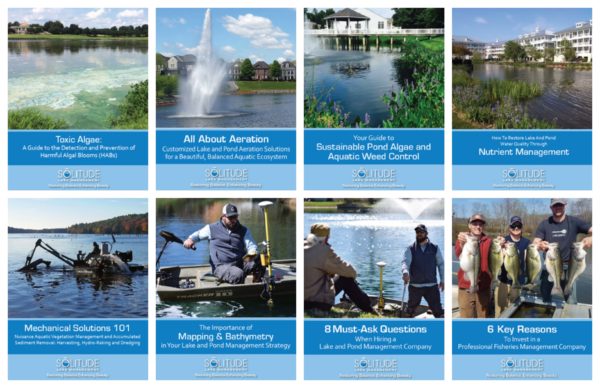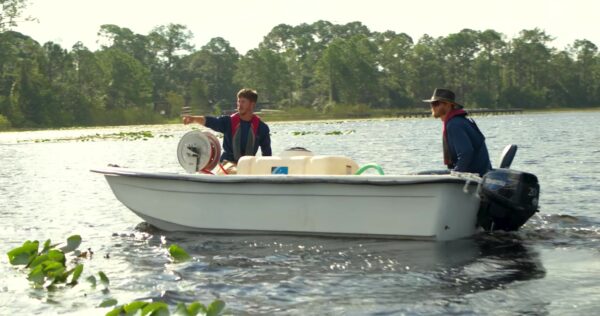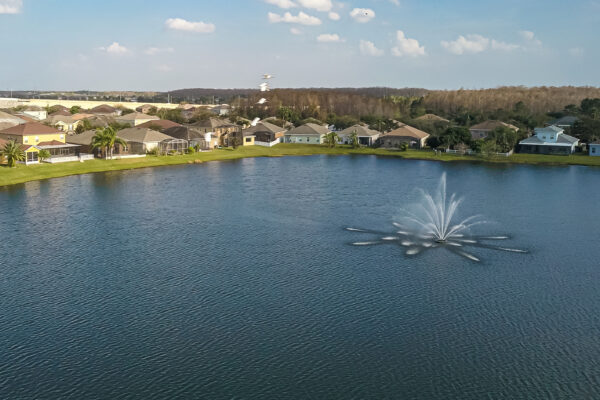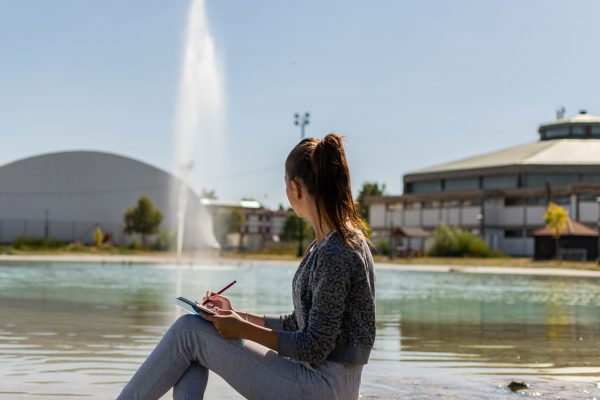
What is Fisheries Management?
Fisheries Management is an integrated process of gathering information, data analysis, consulting and decision making, budgeting, and the implementation of techniques and strategies used to ensure continued productivity of the fishery or to accomplish other fisheries objectives. Because each waterbody is different and each pond owner has different goals for their fishery, fisheries management strategies and techniques must be flexible in nature. A Fisheries Management Plan (FMP) should be the basis for any fishery under management and should be designed based on a waterbody’s current status along with the goals and budget of the owner.
Prior to designing an FMP, the long term objectives for the fishery need to be determined. Goals will directly impact all fishery management decisions and factors limiting fish health and growth need to be evaluated and addressed. These factors may include physical and chemical fish habitat, predator to prey ratios, proper fish species, supplemental feeding and genetics. When these variables are properly balanced, you can create a stable and productive aquatic community. However, designing a FMP to achieve your fishing objectives requires taking much more into account than just the kind of fish people want to catch. It requires an understanding of the “big picture.” The entire ecosystem must be assessed and brought into balance before a fishery of any kind can reach its full potential.
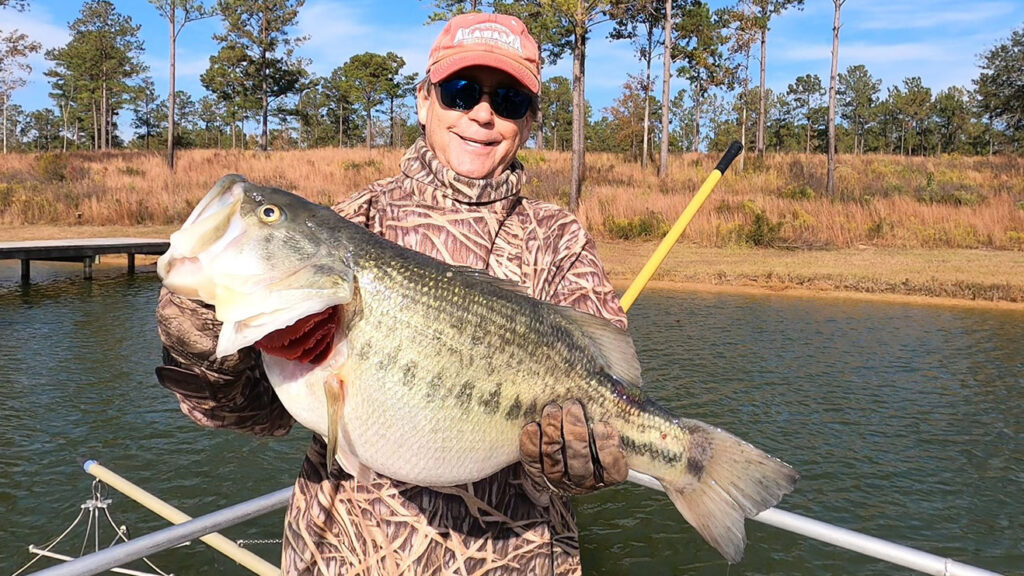
Here are a few key things to consider:
“Habitat” is the most important part of fisheries management. Habitat includes: water chemistry, productivity of the water, contour of the bottom, fish cover, vegetation, spawning locations and spawning substrate. Having a fish habitat that is suitable to the fish species within the waterbody is critical to the balance of the ecosystem. Habitat enhancement may be necessary to ensure that your fish thrive.
Although aquatic vegetation is often considered a nuisance, it can play an important role in the health of an eco-system. During the cold months when vegetation falls to the pond’s bottom, fixed cover will become more important. A balanced variety of cover is essential.
Maintaining a balanced predator to prey ratio is critical in the process of growing fish. Waterbodies that have overpopulated size classes of predator fish will maintain a stunted predator population until the negative cycle is broken through predator harvest.
Keeping fish harvest and fish stocking records are important. Successfully manipulating a fishery occurs over the course of multiple years. Keeping good records will aid in the process of trouble shooting any management issues and improve fish growth rates.
Good fisheries management stresses the need for good water quality. Water quality plays a large role in keeping both the fish and the surrounding eco-system healthy and prosperous. With a fit environment you will set the foundation for a balanced fishery.
Improving the base of the food chain is critical in the process of creating a more productive fishery. This process may require fertilizing, supplemental feeding with pelleted feed, or stocking forage fish depending on your fishery.
Establishing a forage base that is self-sustaining should be a primary goal of pond and lake owners. A good way to achieve this is through supplemental feeding. Using automatic fish feeders filled with pellet feed is an ideal method to feed many species of forage fish.
As you work to improve your fishery make sure that your strategies are addressing all the limiting factors that could restrict productivity. Many improvements will take a few years before they build momentum and become apparent. When in doubt, talk with a fisheries biologist regarding your goals and strategies. The right fisheries biologist will be able to apply the proper techniques and provide insight on strategies that take years to develop.



